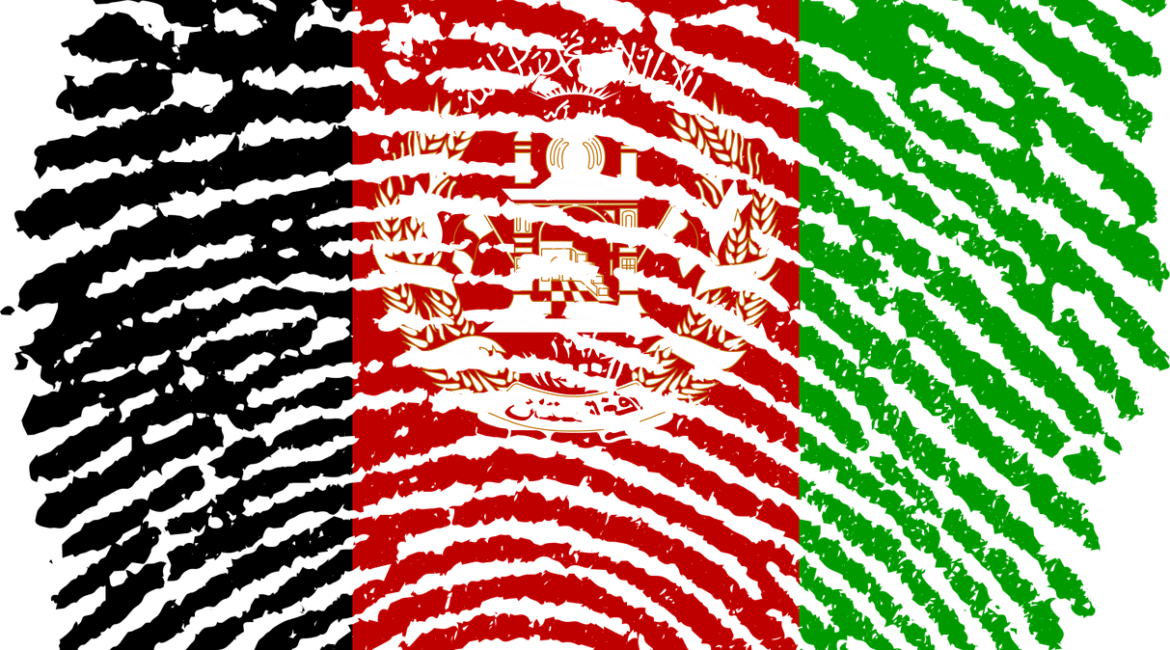In August, 2021, Taliban toppled the Afghan government, after a lightning offensive. They immediately took control of Kabul, major towns and regular army bases abandoned by the former government forces. While a Taliban commander recently declared that his group wants to built "strong security forces", others leaders try to articulate what exactly their main purpose is, as their primary enemies have left the battlefield. In the context, their response was summarise in a declaration of Usman Jawahari, commander of Taliban special forces in eastern Afghan provinces: "The Taliban special forces units were not only established to fight the former government, but any group that poses a risk, such as Daesh".
While Daesh has been active in Afghanistan since early 2015, the terrorist group has remained largely confined to the provinces of Kabul, Nangarhar and Kunar, where Taliban themselves conducted many operations in the past and they continued to do so, since they took power. However, this kind of operations are not numerous enough to keep the entire Taliban forces busy. But leaders pointed out that the group does not pose any threat to other countries and its plans are confined exclusively to Afghanistan.
Meanwhile, in Nuristan province, Daesh has perpetrated new attack, despite the fact that Taliban leaders did not recognise this reality. Instead, they claimed that Taliban special forces units in the province are busy with military training, religious studies, building maintenance and patrolling in the vicinity of their compounds.
Before taking power in all Afghanistan, Taliban fighters were under Military Commission's command, which was responsible for all Taliban combatants. As of late September, fighters were still awaiting decisions whether they will be under the Ministry of Defence or the Ministry of Interior Affairs orders. In the Afghan former government, the Ministry of Defence did, in general, not have a monopoly on military forces, and the Ministry of interior affairs was responsible for all police forces throughout the country. It remains to be seen if Taliban will also rule under a similar pattern.
Already, in Kabul, several Taliban commanders claimed to be in charge for the same area or issue, and that can result in political, at times even violent, disputes. It is also notable that the transition from fighting to governing is particularly challenging for Taliban's special forces and their future mission is less clear, now that the war has largely been won.

